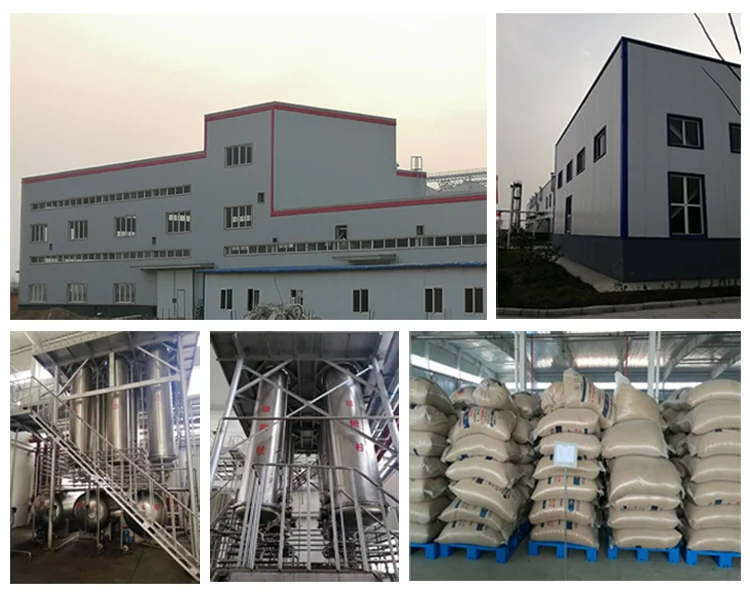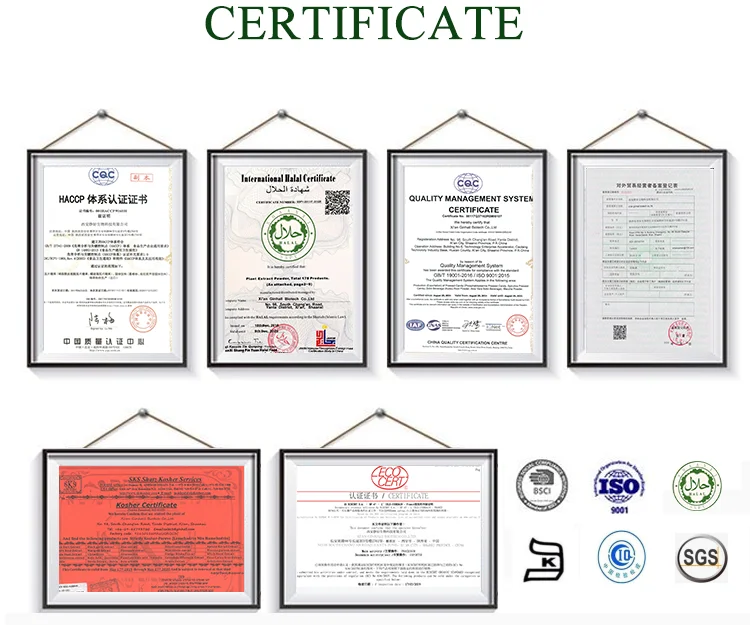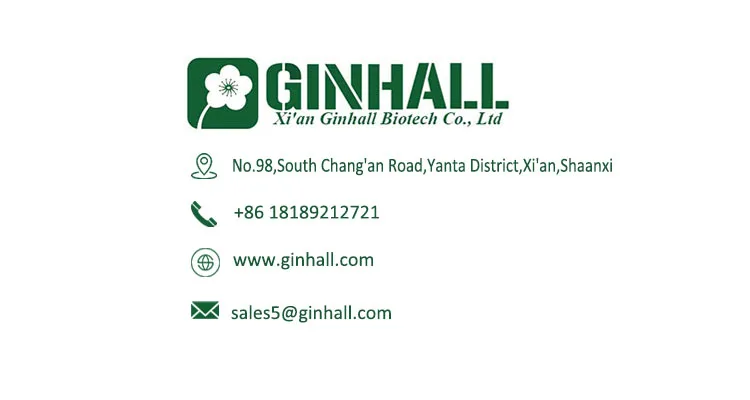
Ginger, the underground stem, or rhizome, of the plant Zingiber officinale has been used as a medicine in Asian, Indian, and Arabic herbal traditions since ancient times. In China, for example, ginger has been used to aid digestion and treat stomach upset, diarrhea, and nausea for more than 2,000 years. Since ancient times, ginger has also been used to help treat arthritis, colic, diarrhea, and heart conditions.
In addition to these medicinal uses, ginger continues to be valued around the world as an important cooking spice and is believed to help the common cold, flu-like symptoms, headaches, and even painful menstual periods. Native to Asia where its use as a culinary spice spans at least 4,400 years, ginger grows in fertile, moist, tropical soil.
Product Introduction

| Product Name | Ginger Extract | Appearance | Yellow |
| Latin Name |
Zingiber officinale Roscoe |
Test Method | UV |
| Specification | 5% | Mesh | 95% pass 80 mesh |
| Application | Health Care | Shelf Life | 2 Years |
1.Antioxidant, anti-aging, anti-tumor and quench free radicals
2. Treat migraine, rheumatism, and arthritis
3. Treat morning and motion sickness, nausea and stomachache
4.Anti-bacterial and anti-inflammation
5.Improve stomach, liver and intestine health
6.Improve blood platelet level and cardiovascular function
Application of Ginger Extract
Used in cosmetic industry;
Used in nutrition industry;
Used in pharmacy.








A:Please send our inquiry to get more details.If you both make an agreement,we will make an invoice for you,just do as instructions.
Q2:Is there any discount?
A:Sure,price are closely related to the quality.Buy more save more.
Q3:How about delivery lead-time?
A:Delivery lead time :about 3-5 days after payment confirm.(Chinese holiday not included)
Q4:How long time cost with shipping?
A:3-5 days shipping time deliver to your door.
Q5:How do you avoid customs issues?
A:We have rich experience deal with customs,hundreds of parcels every moth we deliver,detailed documents and certificates will be provided to customs when goods arrive to local port.

We have more categories for you. lf you can't find the products you want above,just fill in the form and tell us whatproducts you want to import from China.


















